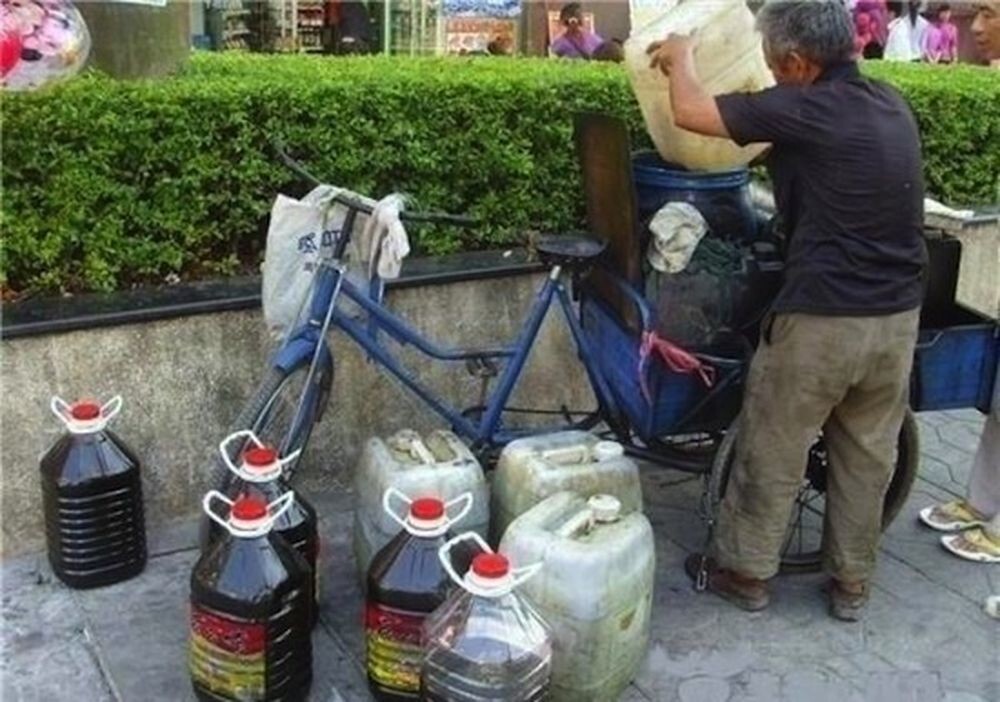How oil is made from sewage waste in China (18 photos + 1 video)
In China, city sewers have long been turned into gold lived for underground entrepreneurs. All thanks to the sewer butter. 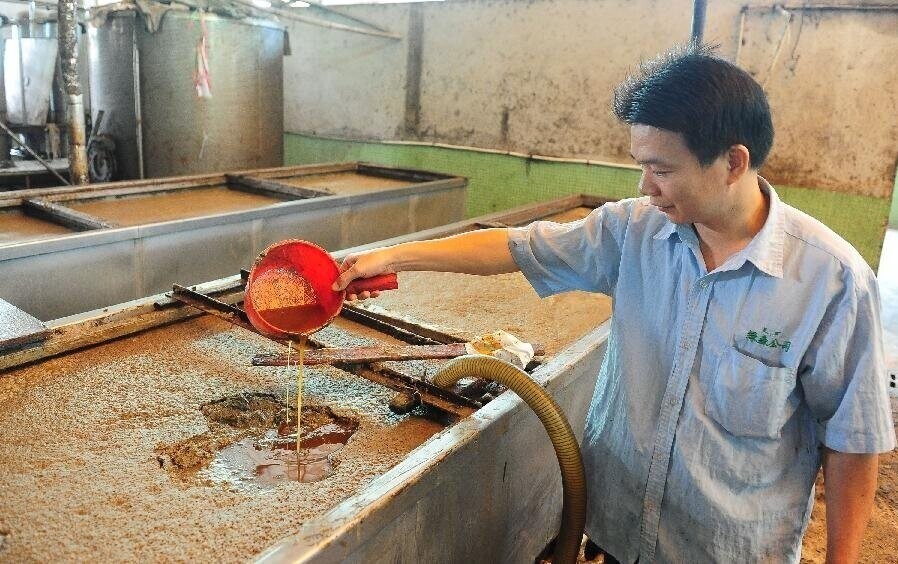
You can treat Asians any way you like, but their resourcefulness is some things are really amazing! Either they at some point decided to take the well-known expression “need for invention” as the basis for their life cunning,” or the reason for their incredible enterprise lies in difficult past, filled with all kinds of hardships and restrictions, however, the fact remains that Asians and, in particular, the Chinese are capable monetize almost everything you touch! 
Take sewage waste, for example. Do you think it's possible make money on this? For example, as an option, raking mountains of garbage in looking for money or jewelry accidentally flushed down the toilet?! Eh, You think too narrowly, that’s why the Chinese are ahead of the rest! They went much further and learned how to make oil from sewage waste! 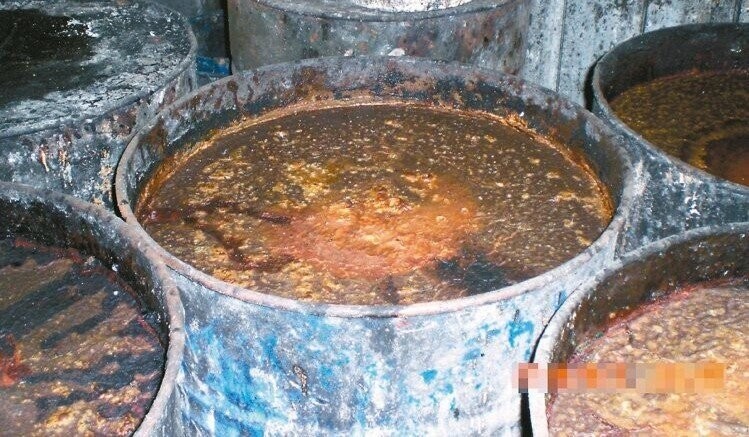
Yes, yes, the real oil used to cook meat and fish, which is added to the dough, and which, in principle, lies in basis of Chinese cuisine. Oils for cooking all kinds of dishes the Chinese require a lot, a lot - this is a fact, and in order for a few enterprising Asians have learned how to reduce this expense item oil from sewage waste - and on an industrial scale. 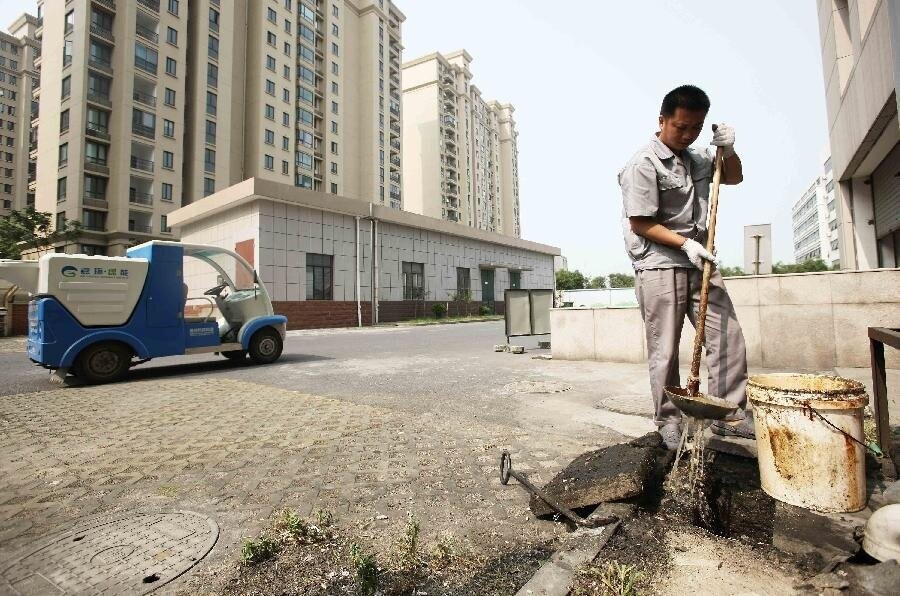
This idea did not appear out of nowhere. How wonderful you all are you know, a certain part of modern society is actively fighting for the preservation of the environment on our planet and comes up with all sorts of initiatives to reduce waste - both food and production And besides, waste processing and recycling use is a good saving, especially for countries who know how to count money. 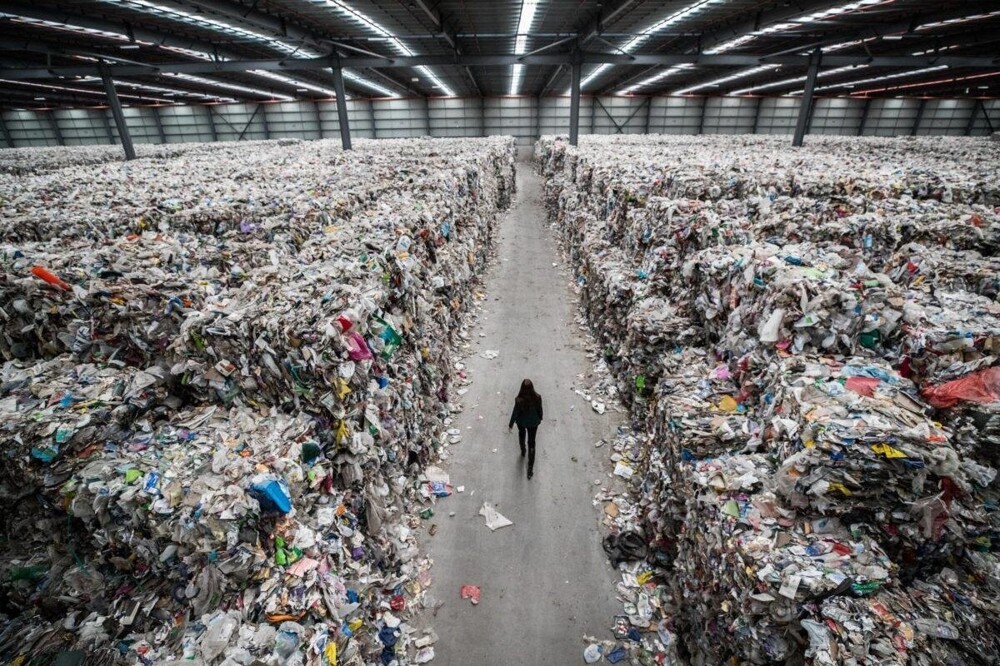
Waste sorting and recycling in China
The same thing happened with oil. First to repeat so-called recycled oil was used, which remained in cafes and restaurants after preparing dishes. Usually this the oil was poured into special containers and sent for processing, and from Laundry soap was made from the resulting raw materials, animal feed and even added to some fuels. 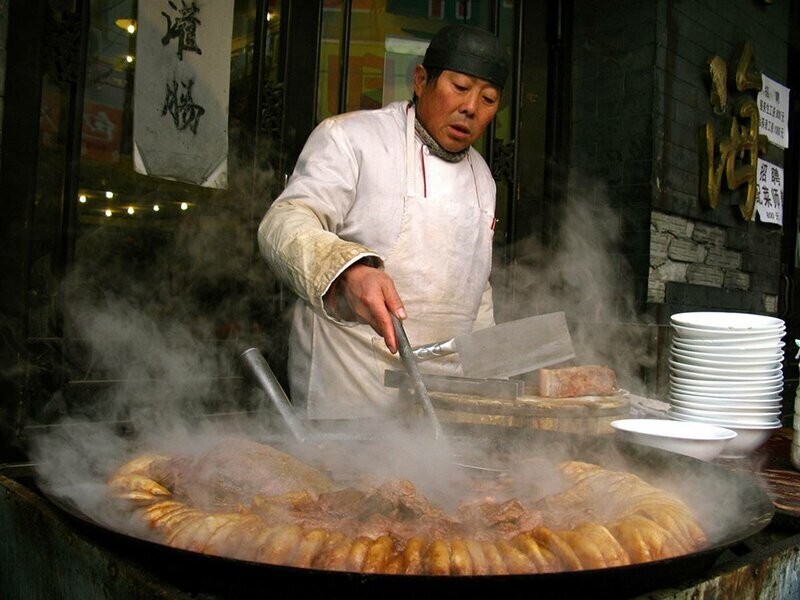
The Chinese cook their food with a lot of oil.
However, over time, restaurants abandoned the practice of collecting and further processing of used oil and began to simply drain it goes down the drain like other food waste. Really wastefulness, because oil, too, you know, is not a cheap product! AND some particularly enterprising citizens realized that since it was a big the amount of used oil goes down the drain, it can be can be easily returned and used for various types of technical needs. 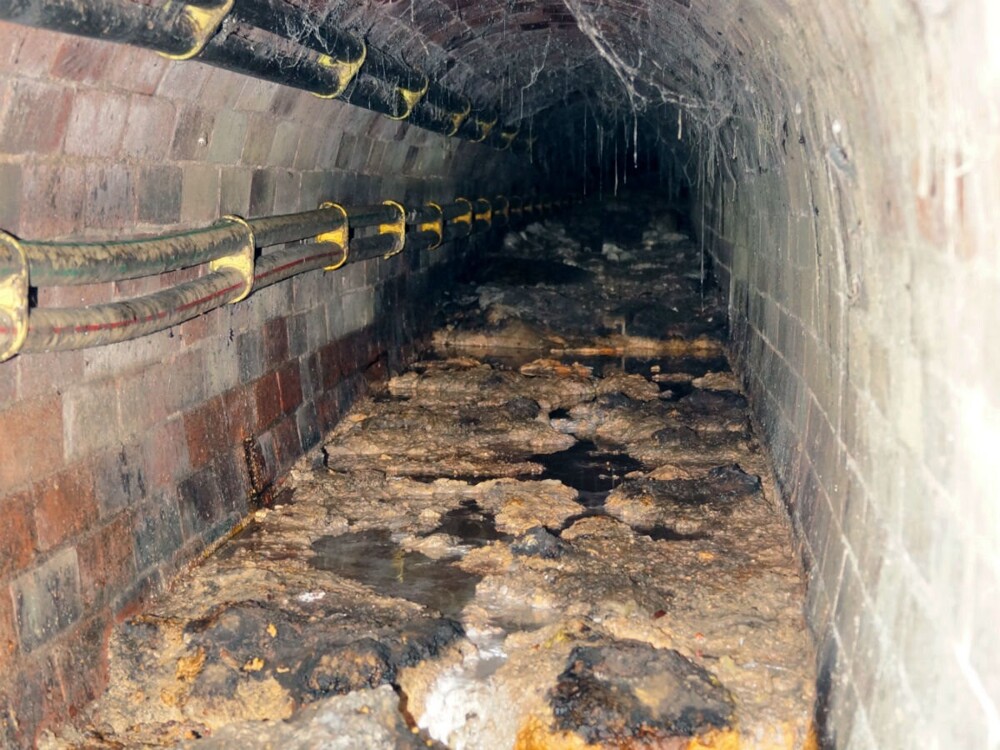
Moreover, Chinese laws did not prohibit this. That's just other equally enterprising Chinese citizens decided that butter was There is oil, bought in a store or caught in the sewer, it doesn’t matter. You can still cook with it! In addition, sewer oil will cost catering establishments much less... 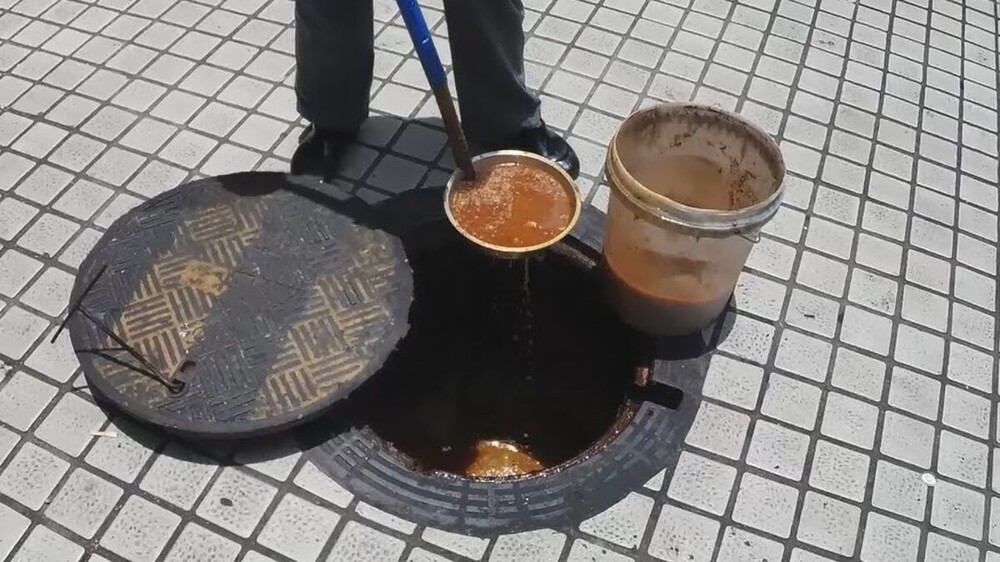
Extraction of sewer oil
As a result, Chinese sewer oil will soon have Two sales markets have appeared - legal and illegal. To the first included enterprises that bought sewer oil and used it to produce fuel, all kinds of materials and even household chemicals. The second group of buyers are companies specializing in the production of food products and pharmaceuticals drugs. They are well informed about the illegality of such transactions and, Of course, there are dangers in using such oil, but they are rarely stopped. The price looked too attractive!
And here the question involuntarily arises: “If oil is extracted from sewage waste, then it should, at a minimum, smell terrible!” This is true, and I’m happy with this aspectoh it's hard to close your eyes and...plug your nose. So let's first remember how, in principle, sunflower oil is made. 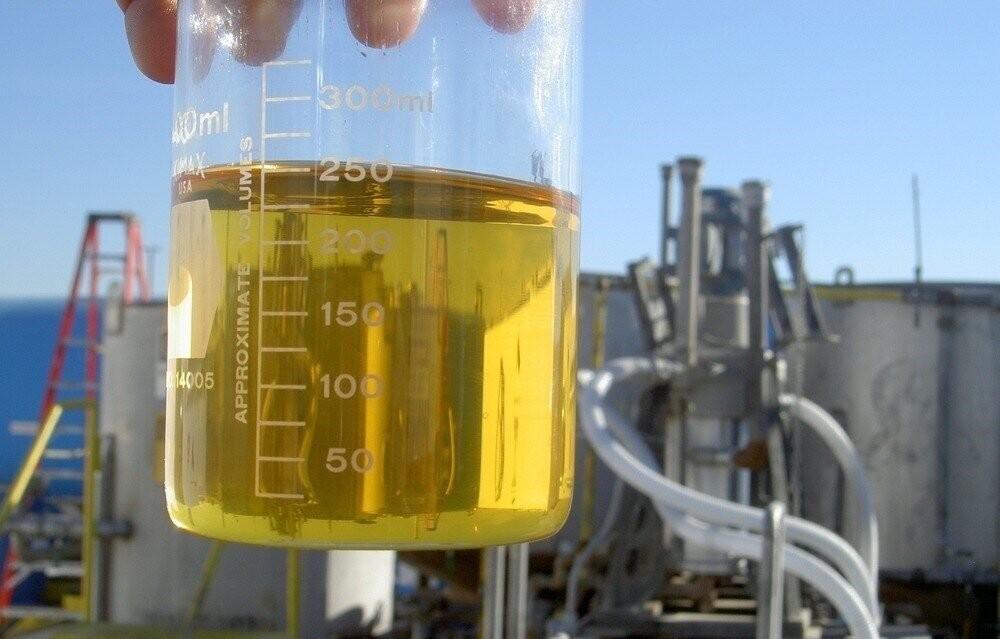
Vegetable oil production
Most likely, you have already imagined a huge press, in which seeds, nuts or other components are placed in depending on the type of oil, and under enormous pressure it literally in a sense, it squeezes out the oil component from the feedstock. In general and in general, the idea is correct, but today in this way oil very, very few enterprises receive it, since it is very slow, expensive and unprofitable. 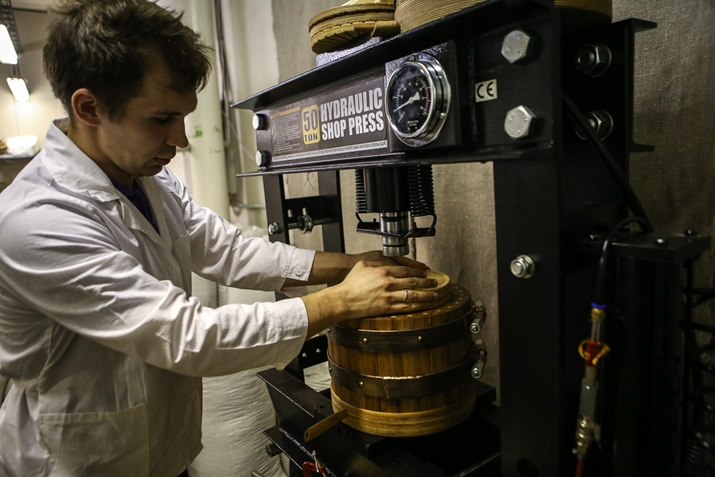
Oil press
In most modern enterprises specializing in the production of vegetable oil, huge industrial systems and machines that first clean the raw materials loaded into them, then soften it under the influence of high temperatures and pressure and transfer it to oil extraction unit, where, in fact, the most interesting. 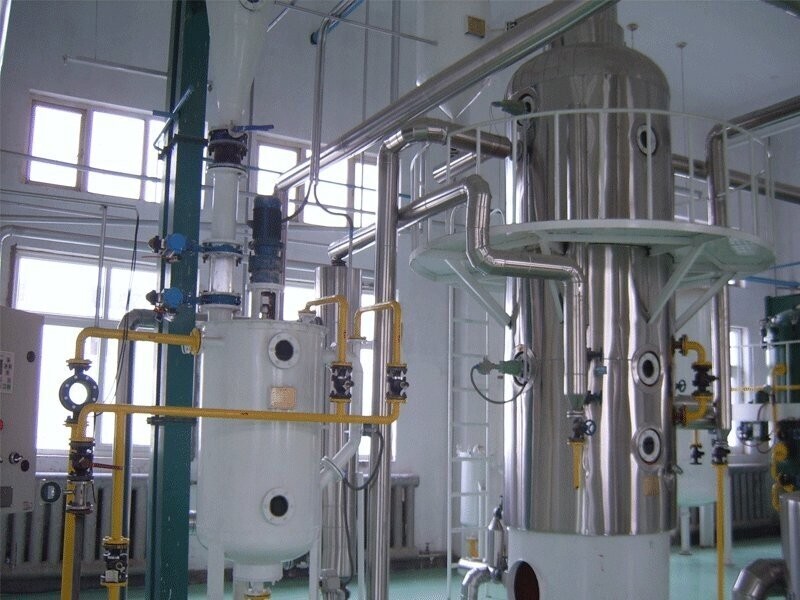
Oil extraction plant
The purified and softened raw material mass, falling on the above installation, the top is watered with hexane - the most important component of gasoline, and the result is a kind of solution, consisting of an oil and gasoline base. And then in a special separator, the resulting solution is again divided into hexane, in fact gasoline and oil - the so-called primary oil, which goes to further processing, where all kinds of impurities are removed from it and acids and also refined. As a result of all these processes and This turns out to be such a familiar vegetable oil to all of us! 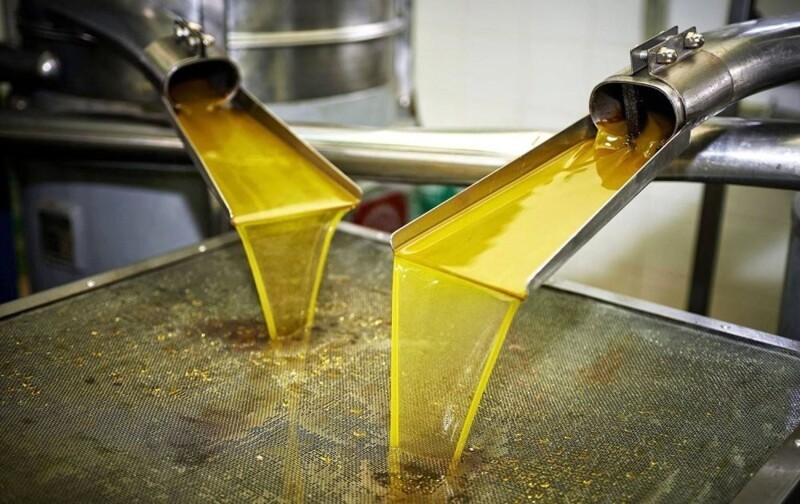
Refined vegetable oil
As you understand, the primary oil, which is obtained in as a result of separation from the solvent, is not yet a food product – it is very dark, has an unpleasant smell and consistency, and in general resembles more a technical fluid than a future component of many dishes. 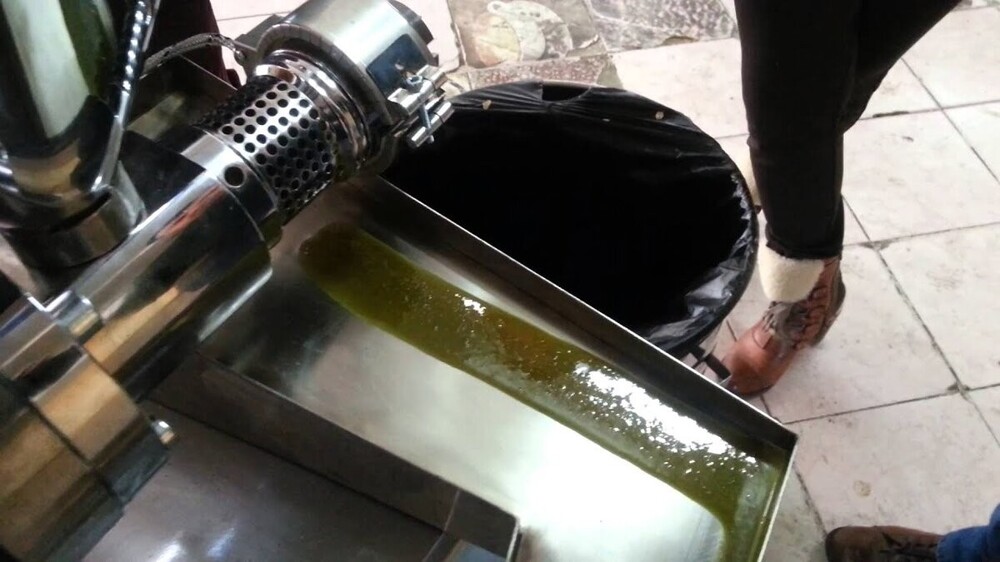
Primary oil
And so that this very technical liquid turns into complete and, most importantly, edible vegetable oil, it There are many manufacturing processes that need to go through. So, according to in fact, there is not such a big difference between primary and sewer oil the difference - both at the initial stage represent an indigestible, foul-smelling substance that has nothing to do with food products. 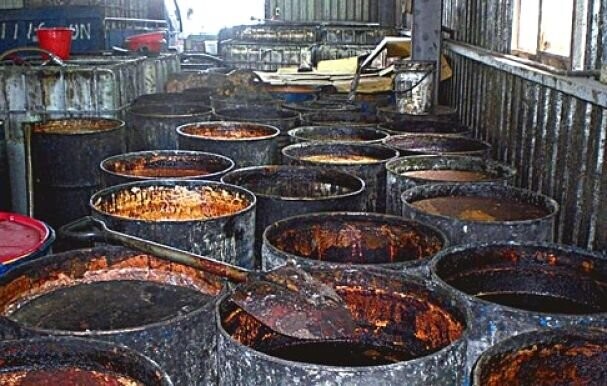
Sewer oil
So the idea of getting a complete oil for frying meat or fish from sewage waste, by and large, was not so absurd. In theory, all sewage impurities are also are subjected to prolonged boiling, as a result of which the same oil base that, after further cleaning and removal all sorts of bad things, turns into full-fledged vegetable oil suitable for human consumption. At least technically everything This is how it should work. 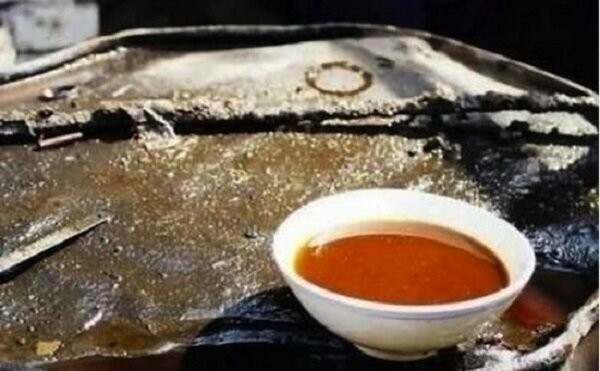
Sewer oil
But according to Chinese law, this method production of oil intended for cooking is located under a ban, for violation of which serious penalties are provided - from impressive fines to criminal liability. 
However, as is known, in most cases the severity punishment or its inevitability scares weakly, and therefore, in pursuit of easy profit for an increasing number of Chinese would-be entrepreneurs organize underground production, where they thoroughly boil oily liquid from sewage, and then donate it less clandestine or semi-legal vegetable oil producers, because without special equipment you can get a full-fledged product impossible.
Therefore, there are always two sides involved in this adventure: one extracts an oily mass from wastewater, and the other, in fact, the owners production equipment, cleans and produces finished product. And, as a rule, these semi-legal oils enter the market under kind of well-known and well-establishedI brands are Chinese, what about take them! 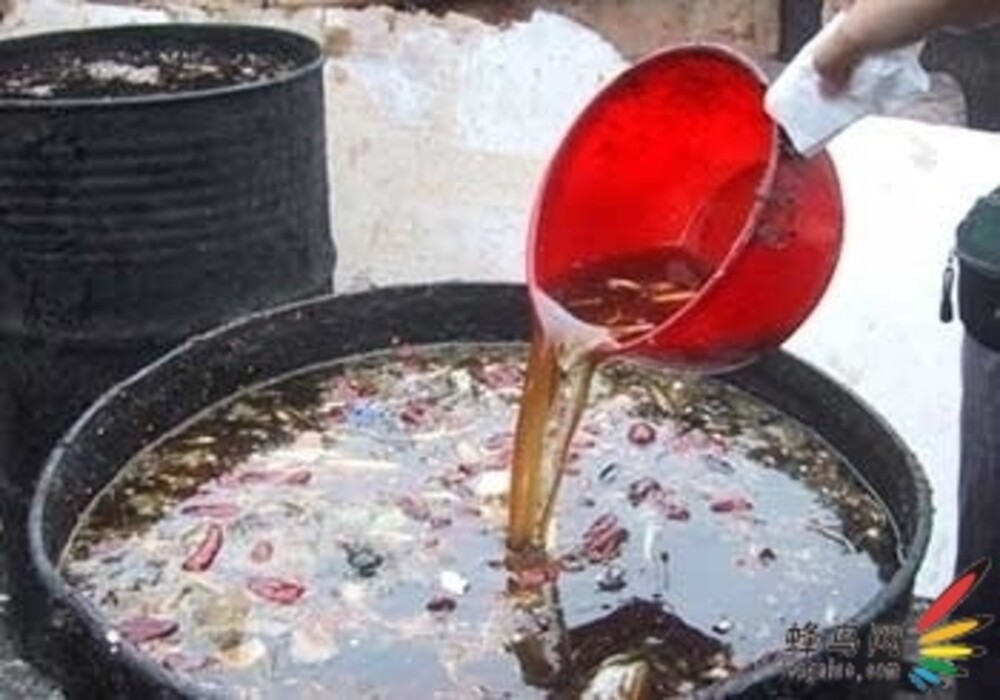
But it must be said that ordinary citizens are extremely negative refer to the practice of producing sewer vegetable oil, it and not surprising! And there is even a whole list of recommendations and advice for consumers, how to distinguish fake oil from real one. So, as you can see, this problem is quite acute in China, the government is actively fighting it, with the most radical methods, but sewer oil manufacturers still remain on floating. As they say, as long as there is demand, there will be supply... 